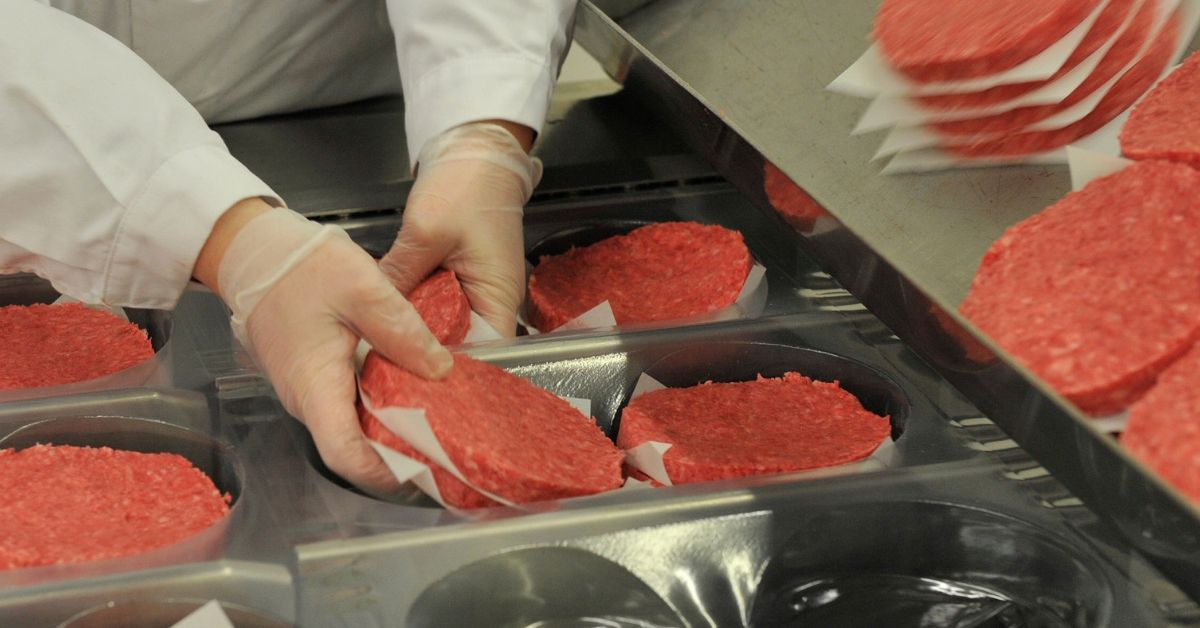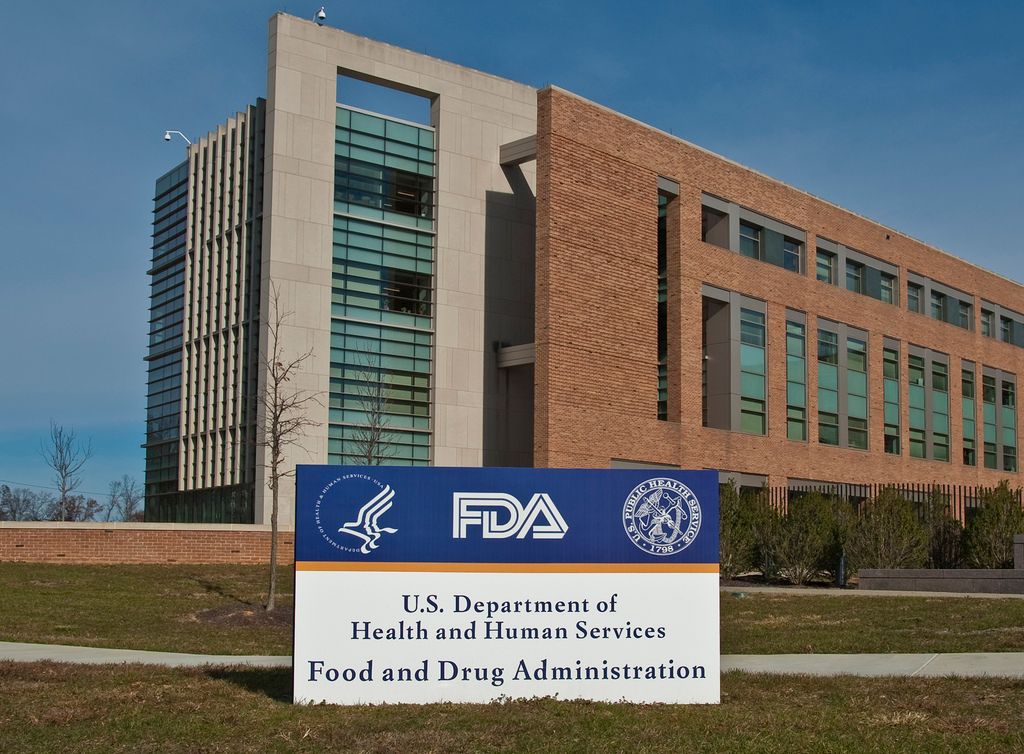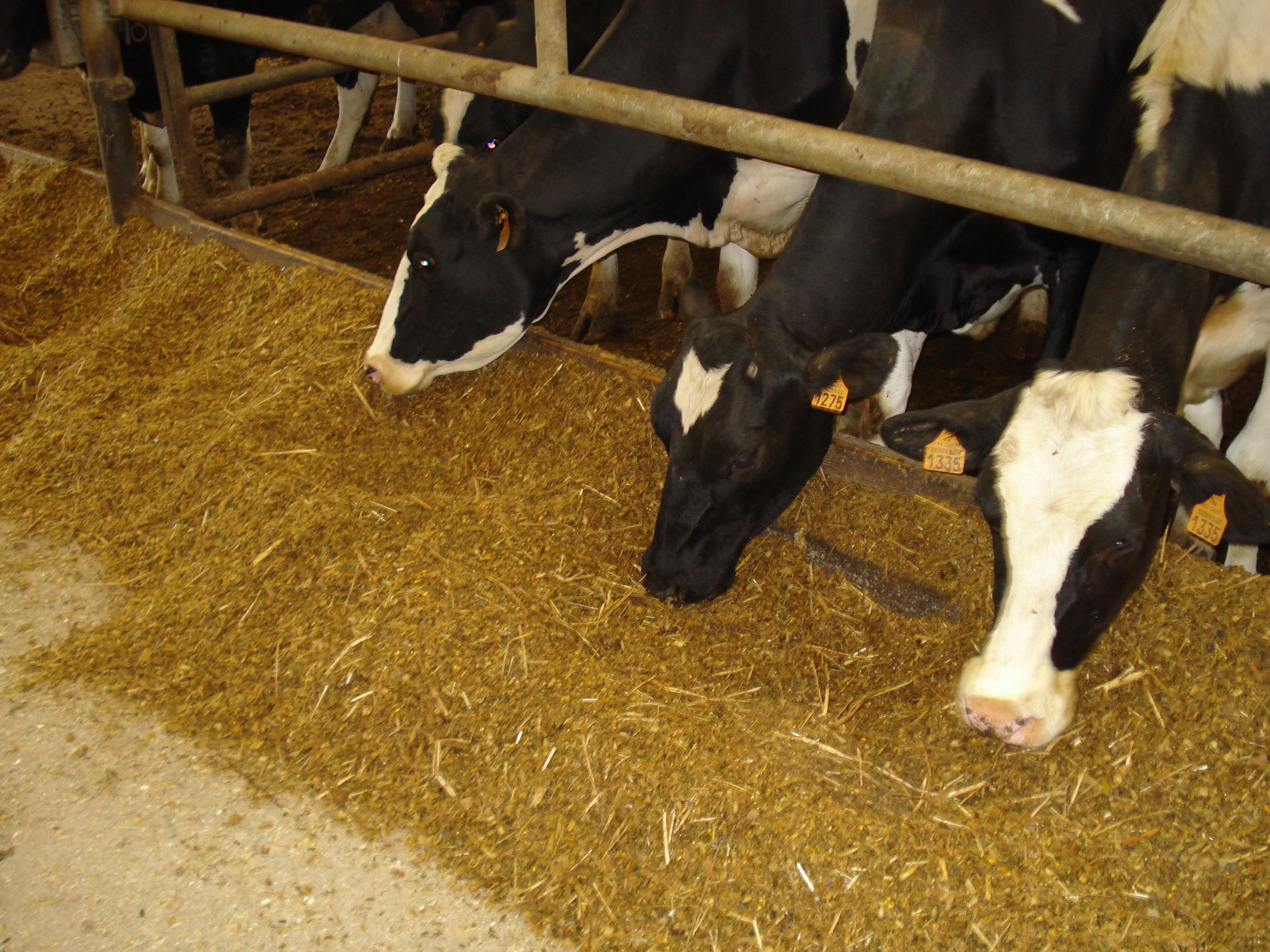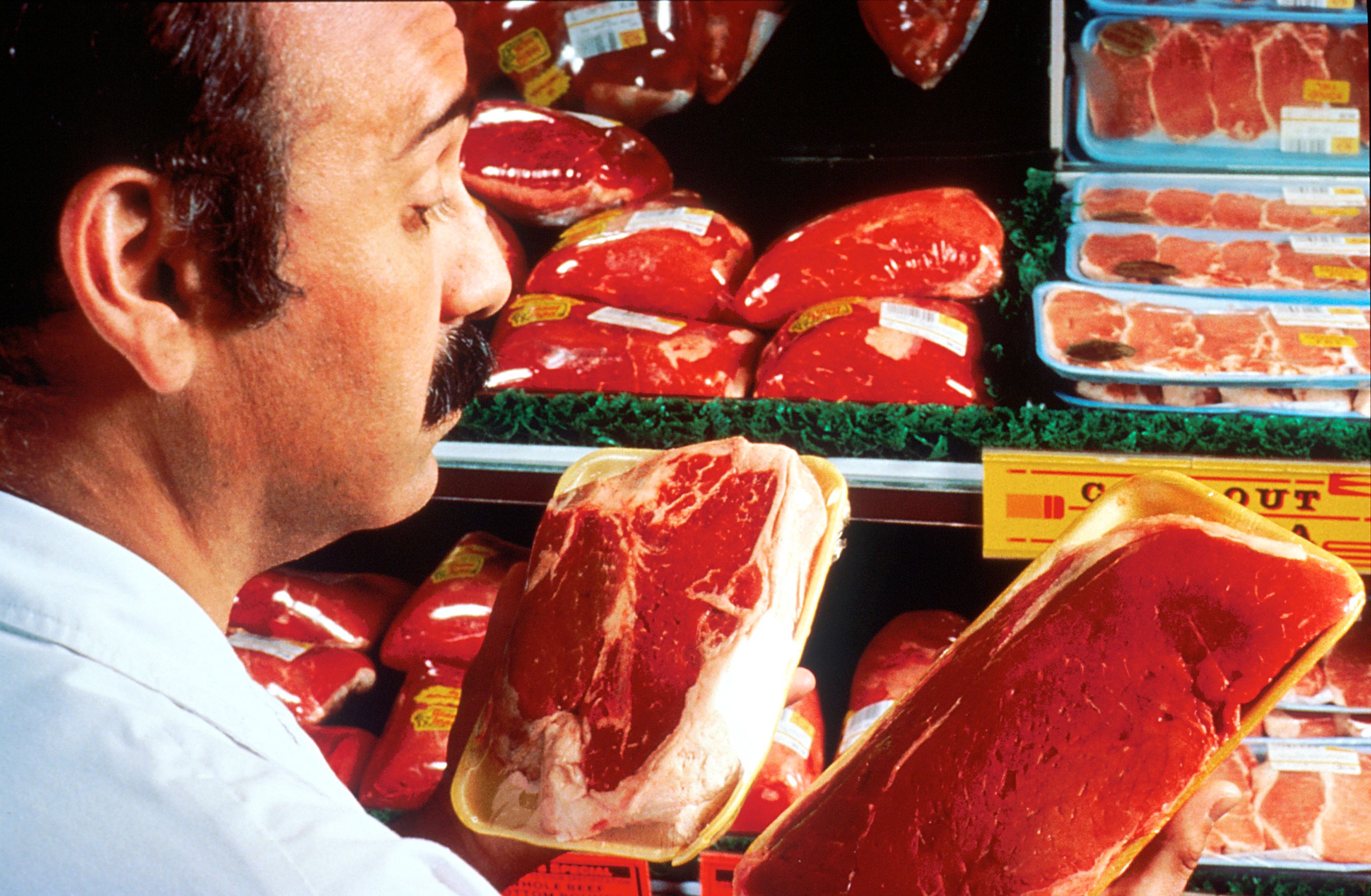When the FDA issues a recall, you'll feel annoyed but also relieved that the product is being pulled off the shelves.
These types of federal agencies are important to regulate products that we consume or come in contact with regularly.
The problem is that there may be a lot of things that bypass their standards...
Last month, a Consumers Report investigation found that 50 different packaged foods made for young children contained "measurable levels" of heavy metals like lead, cadmium, or inorganic arsenic.
Parents on social media voiced their concerns, appalled that this is happening in the U.S.
"So sad to think how technology has come such a long way and yet the way we process food and the FDA nothing. They don't care. That should be top priority," wrote one Facebook user.
Consumer Reports contacted the FDA, and the agency responded that it will "reduce the health risks these elements present."
Now there's something else that food scientists at Consumers Reports believe the FDA should keep a vigilant eye out for: Banned drugs.
Drugged Meat
You'd think that banned drugs would be flagged, especially since they've already been banned, right?
That's what you'd think, but according to a recent Consumer Reports investigation, banned drugs have been found in popular meats like beef, poultry, and pork and federal agencies haven't been doing much about it.
The Department of Agriculture's Food Safety and Inspection Service gathered data from hundreds of samples of chicken, beef, and pork that were sent out to grocers, restaurants, hospitals, schools, and other food providers.
This data was collected over an 11-month period, from 2015 to 2016.
These hazardous drugs are said to include potentially fatal antibiotics, antidepressants, steroids, and growth hormones.
Some of these drugs, like phenylbutazone and nitroimidazoles, are said to possibly be carcinogenic in humans.
No one knows exactly how these drugs have found themselves in our food supply, but some suggest that it may be due to contaminated feeds, improper use, and counterfeit drugs.
Some experts also believe that some producers sometimes misuse veterinary drugs to increase lean protein or speed up growth.
The food scientists are encouraging federal agencies to fully investigate the ongoing problem and take control of this "widespread contamination."
"These results are credible enough that you would expect the government to take the warning signs seriously. You would hope the results would prompt the agency to look into why these drugs may be present, what risks they could pose, and what could be done to protect consumers," James E. Rogers, PhD, director of food safety research and testing at Consumer Reports said.
What You Can Do
These findings are quite concerning, and would make lots of people consider cutting back on meat.
While you can do that, there are other ways you can avoid these banned drugs from entering your body.
For example, buying organic may be the right way to go.
That being said, Consumers Reports added that there isn't enough information on whether organic meat is less likely to have drug residue, but that these farms tend to be more heavily monitored.





